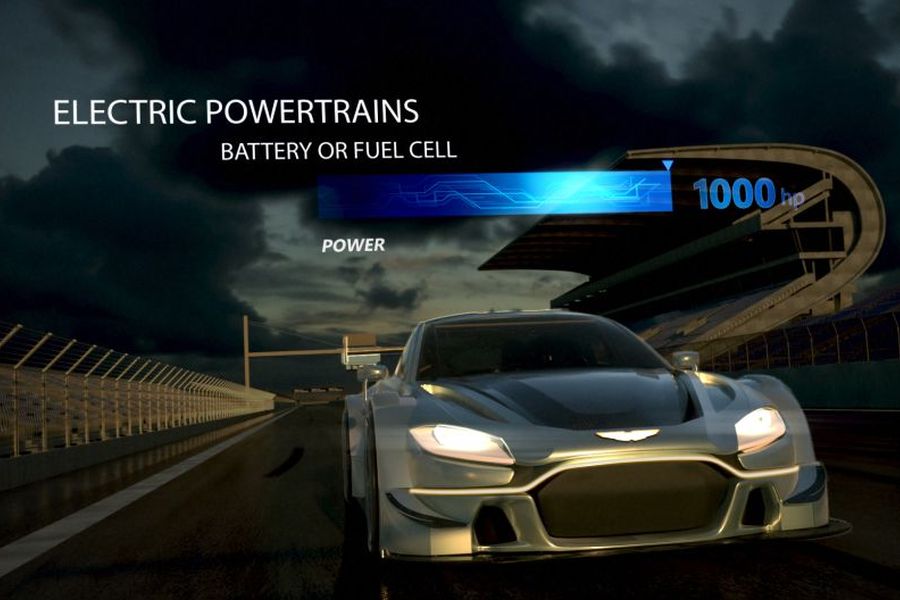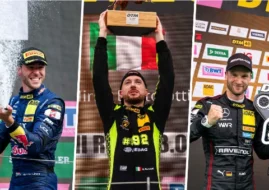DTM presents the vision of the revolutionary electric race series
DTM promoter ITR presented today the spectacular conceptual vision for the revolutionary new electric race series featuring touring cars with more than 1000bhp and robots changing the wheels and battery packs during pit-stops.
Compared to other existing electric race series, DTM’s concept offers something new because their cars would use electric powertrains with regular batteries or hydrogen fuel cell technology. This would be the first-ever use of hydrogen in racing.

DTM’s electric race series is bringing the hydrogen electricity to the world of motorsport
Except for pushing boundaries in terms of electric technology, the concept also wants to revolutionise racing itself by using robots in the pit-stops. During every 40-minute race, each car would require a mandatory stop for fresh power.
During that stop, large industrial robots would not only replace all four wheels, they would also remove and replace the battery pack or hydrogen tank located in the car’s underbody.
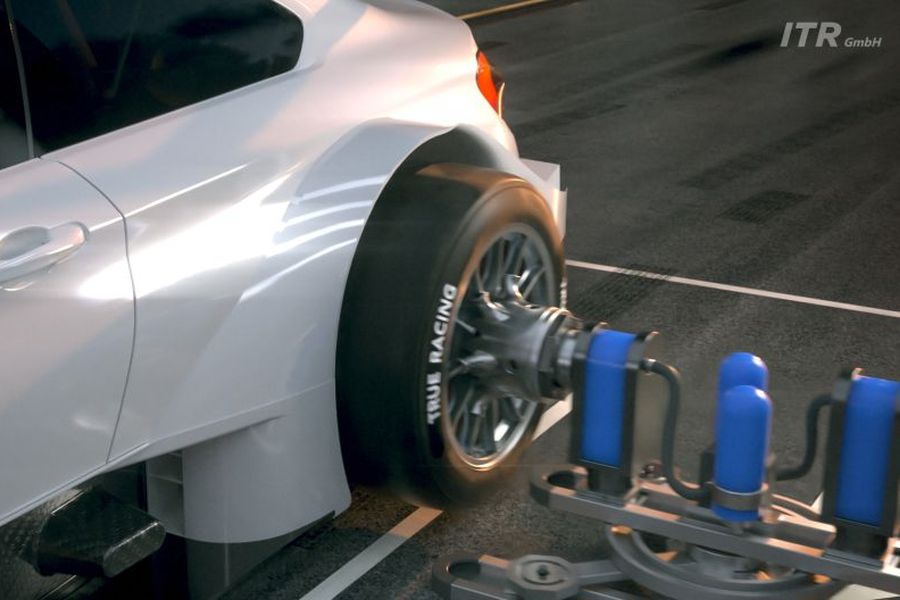
New race series will have robots in the pit stops
“This is a courageous and innovative concept. You have to look far ahead if you want to shape the future of motor sports and offer racing with alternative drive systems that inspires the fans. It is obvious that manufacturers who want to become involved in motorsport are increasingly focusing on alternative drive concepts”, said ITR Chairman Gerhard Berger.
After introducing high-performance four-cylinder turbo engines capable of 600bhp in 2019, DTM will introduce the hybrid technology in 2022. The next step would be the electric racing. The all-electric series initially will be launched in a supporting role to the DTM.
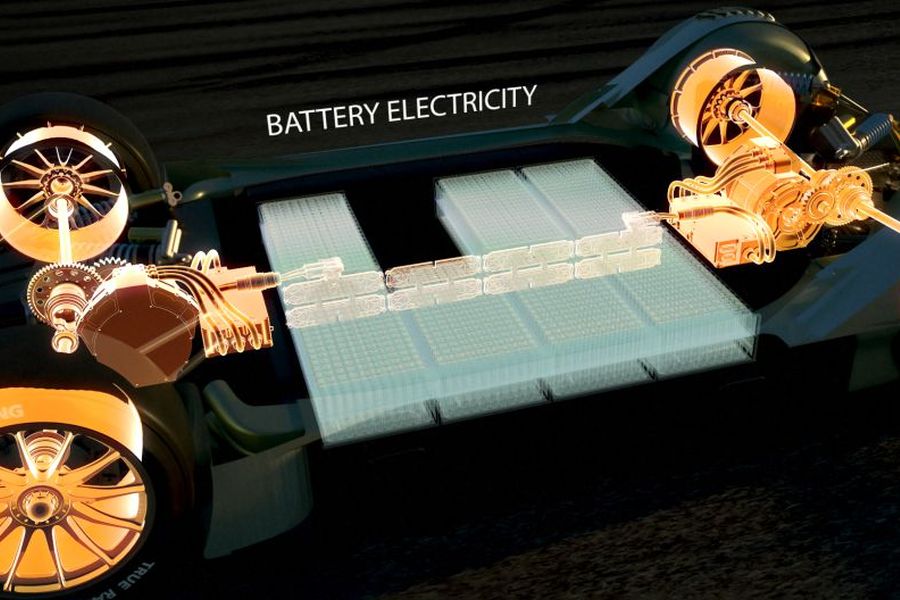
DTM will introduce hybrids in 2020 and then electric cars after that
Such a technology project could only really be made feasible via collaboration with a single-source supplier. This would ensure both technical parity and efficient cost controls, making sure costs were shared and that development was kept to a minimum. The electric drive system – which uses electric motors, power electronics and a battery (BEV) or fuel cell – would be largely standardised, with some engineering freedom.
Despite a cost-conscious standardised power unit, the series would prove attractive to manufacturers because they could enter cars that resemble their road-going models – an option that current all-electric race series doesn’t currently permit. With high power outputs (1,000bhp available on demand) and top speeds exceeding 300kph, cars would also provide manufacturers with the ideal conditions to explore and develop their own high-performance road cars.
Cars would incorporate the batteries and hydrogen tanks within the carbon-fibre monocoque – most likely in the underbody, where weight distribution would be optimal – with the option for quick removal and replacement during pit-stops.
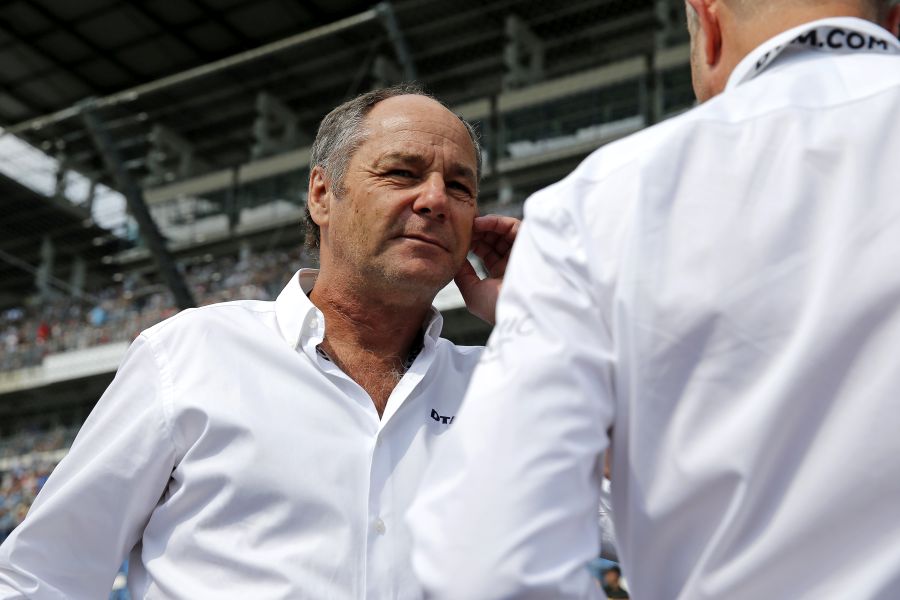
Gerhard Berger
“The DTM is a professional, international motor sports platform for vehicles with a clear connection to series models. It has existed for more than 30 years, is highly popular and has strong traditions.
You have to look far ahead if you want to shape the future of the sport. Although hybrid and electric vehicles have established a foothold in the market, I think that a truly new and inspiring concept has been lacking up until now. In addition to millions of motorsport fans worldwide, we’re now talking with a large number of automotive companies and suppliers who would like to become more involved in motorsport. With this project, we want to demonstrate that we’re open to what the future holds and that we have something new to offer the world’s manufacturers,” Gerhard Berger added.
Photos: DTM, Hoch Zwei/Thomas Suer,


